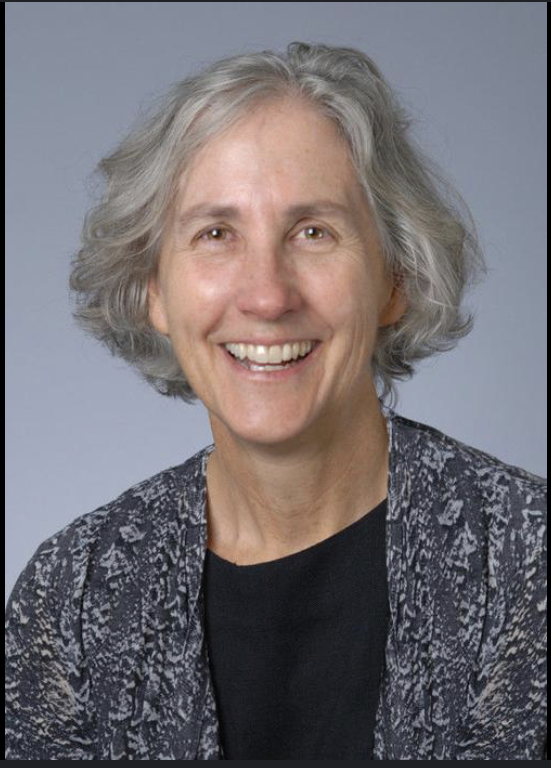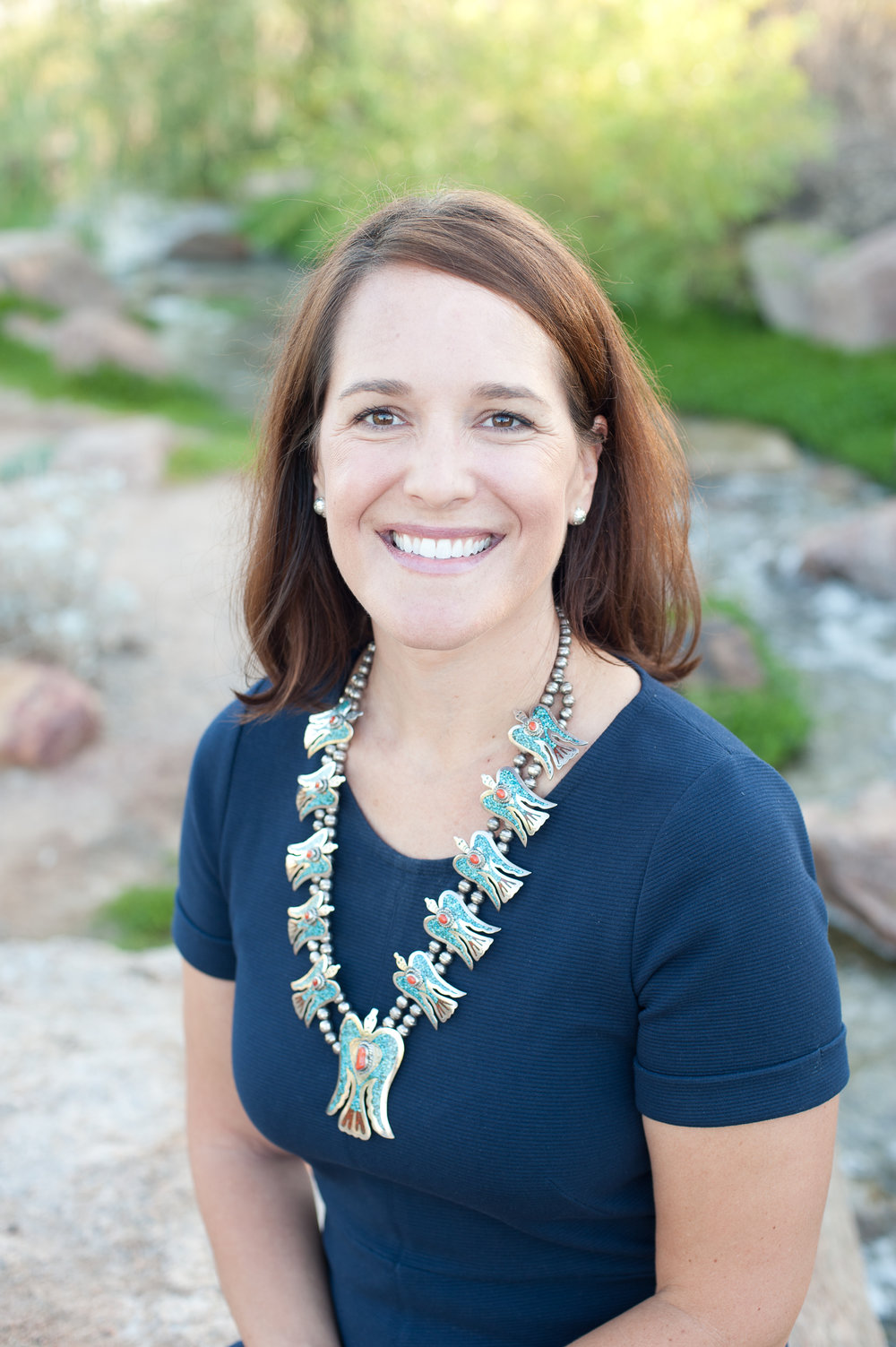Thanks to all of our speakers, poster presenters, conference planners and participants for making our 2023 conference such a success. A big shout out to our scholarship sponsor, Maricopa County Department of Public Health and our other sponsors and exhibitors too.
A special thanks to Sheryl Clements, who donated countless creative hours designing our brochure:
Well over 300 persons attended the conference in person. We also had many on-line participants for the plenary sessions and breakouts in Cottonwood. This is our 95th year as an organization… and I can’t think of a better way to celebrate our success as an organization than having such a well-attended conference.
Attendees will be getting an email later today with a plea to complete your conference evaluation. At the end of the survey, you’ll get a FREE DIGITAL BOOK (with a $40 value)! There are two options to choose from and they are first come first serve.
As an AZPHA member you’ll have the opportunity to participate in our book club which will use the Political Determinants of Health.




